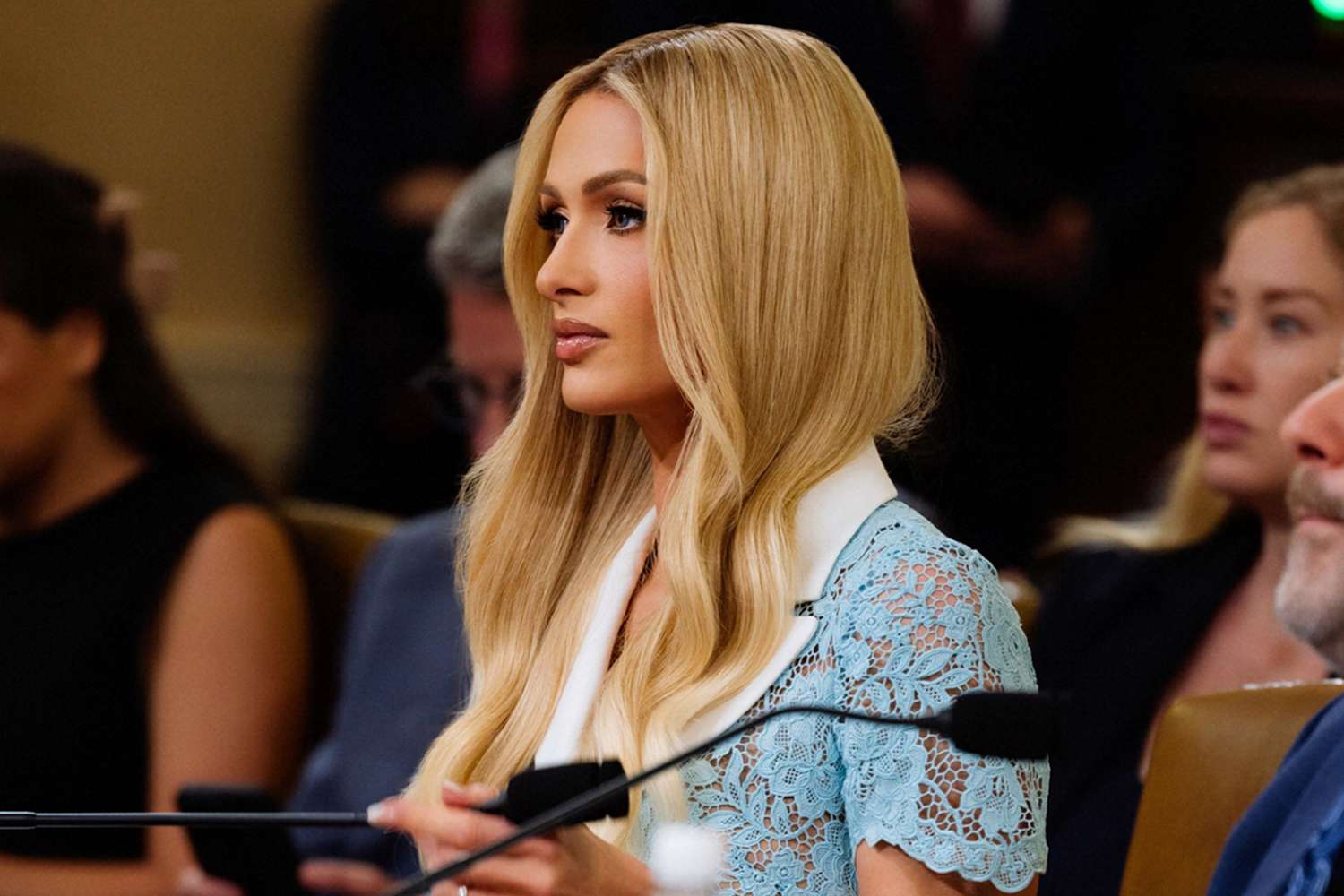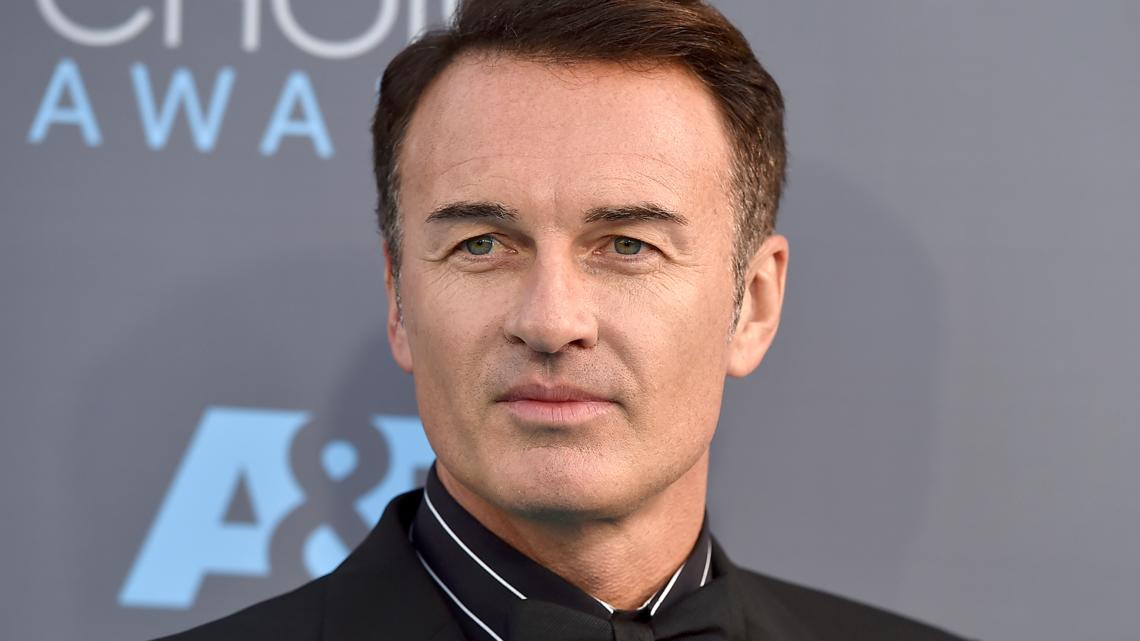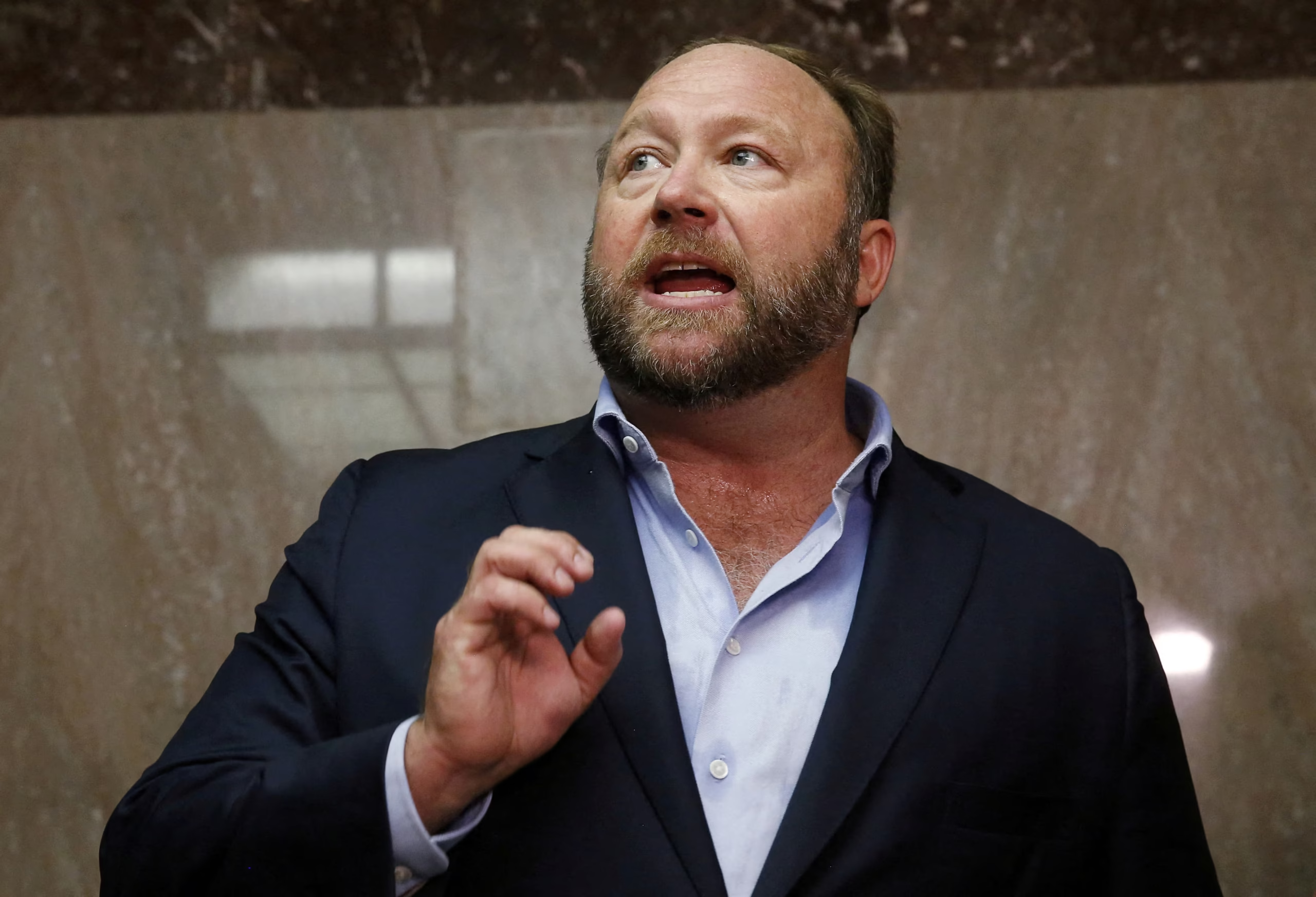Paris Hilton, a global celebrity and entrepreneur, has transitioned from the glitz and glamour of her public persona to become a fierce advocate for children’s rights. Drawing from her own traumatic experiences, Hilton has become the leading voice in the campaign for the Stop Institutional Child Abuse Act. This legislation aims to protect children in residential treatment facilities from abuse and neglect through comprehensive federal reforms.
Hilton’s journey as an advocate began with her revelations about her teenage years spent in a residential treatment facility. She publicly shared that she experienced physical and emotional abuse, solitary confinement, and forced medication during her stay. Motivated by her personal experiences, Hilton has devoted herself to raising awareness about institutional abuse and pushing for systemic change.
In her words, “This is not just my story; it’s the story of countless children who have suffered in silence. We must break this cycle.”
Her advocacy has included testifying before Congress, penning open letters, meeting with lawmakers, and amplifying her message through public campaigns. Her commitment to this cause underscores the importance of addressing institutional abuse at a legislative level.
The Stop Institutional Child Abuse Act is a proposed federal law designed to establish clear guidelines and safeguards for residential treatment centers across the United States. Its goal is to prevent abuse, ensure accountability, and protect the rights of children under institutional care.
The act seeks to implement stricter federal regulations for youth residential treatment facilities. This includes regular inspections and independent monitoring. Facilities will be required to document and report practices such as the use of restraints and seclusion methods. This aims to ensure that harmful practices are recorded and addressed. The legislation introduces a bill of rights for children in these institutions. This ensures they are treated with dignity, respect, and care. Facilities failing to meet the outlined standards may face penalties, including loss of licensing or federal funding. These provisions collectively address the systemic issues that have allowed abuse to persist in youth residential centers.
The Stop Institutional Child Abuse Act has already made significant headway in Congress. On December 11, 2024, the U.S. Senate unanimously passed the bill. This milestone reflects bipartisan support for addressing the urgent issue of institutional abuse. The legislation now awaits a vote in the House of Representatives. Hilton has been vocal in urging the House to prioritize the bill. She recently returned to Washington, D.C., to meet with lawmakers and encourage them to bring the legislation to the floor for a vote. “We cannot delay this any longer. Children are depending on us,” Hilton stated.
Institutional child abuse refers to mistreatment, neglect, or exploitation of children in residential facilities such as group homes, juvenile detention centers, and therapeutic boarding schools. Studies have shown that the lack of oversight and transparency in these institutions creates an environment where abuse can go unchecked.
According to a report by the National Child Abuse and Neglect Data System (NCANDS), institutional abuse cases are significantly underreported due to the absence of strict monitoring mechanisms. Survivors of institutional abuse often experience long-term psychological effects, including anxiety, depression, and post-traumatic stress disorder (PTSD). Victims face significant obstacles in seeking justice, such as fear of retaliation and lack of legal recourse. The Stop Institutional Child Abuse Act aims to address these issues by ensuring that facilities prioritize the safety and well-being of children.
Paris Hilton’s advocacy has resonated with child welfare organizations, policymakers, and the general public. Groups such as the National Youth Rights Association and Survivors for Change have expressed their support for the legislation.
Hilton has shared her personal story in hearings and media interviews to shed light on the issue. She has written letters to Congress members, urging them to act swiftly on the legislation. Hilton uses her platform to raise awareness and encourage public support for the bill. These efforts have not only amplified the issue but also galvanized support for systemic reforms.
While the bill enjoys bipartisan support, challenges remain. Some lawmakers have expressed concerns about the financial implications of implementing federal oversight. Additionally, industry lobbyists representing residential treatment centers have raised objections to certain provisions of the bill. Hilton continues to address these challenges by engaging with stakeholders, emphasizing the moral and social imperative of protecting children.
Raising public awareness is critical to the success of the Stop Institutional Child Abuse Act. Hilton’s efforts have sparked conversations about the hidden realities of institutional abuse. Advocacy groups encourage citizens to contact their representatives and demand action on the bill.
If passed, the Stop Institutional Child Abuse Act will mark a transformative step in safeguarding children in institutional settings. Facilities will operate under stricter guidelines, reducing the likelihood of abuse. A bill of rights will ensure children have a voice and recourse in cases of mistreatment. The legislation will create a unified framework for addressing institutional abuse across states.
Paris Hilton’s advocacy for the Stop Institutional Child Abuse Act demonstrates her commitment to turning personal pain into meaningful action. By championing this cause, she has brought national attention to an issue that affects thousands of children each year. The passage of this legislation represents not only a victory for child welfare but also a testament to the power of advocacy in effecting systemic change.
The fight to end institutional child abuse requires continued public support, legislative action, and unwavering commitment from advocates like Hilton. As the bill progresses, its potential to transform the lives of countless children remains a beacon of hope for a safer, more compassionate future.





